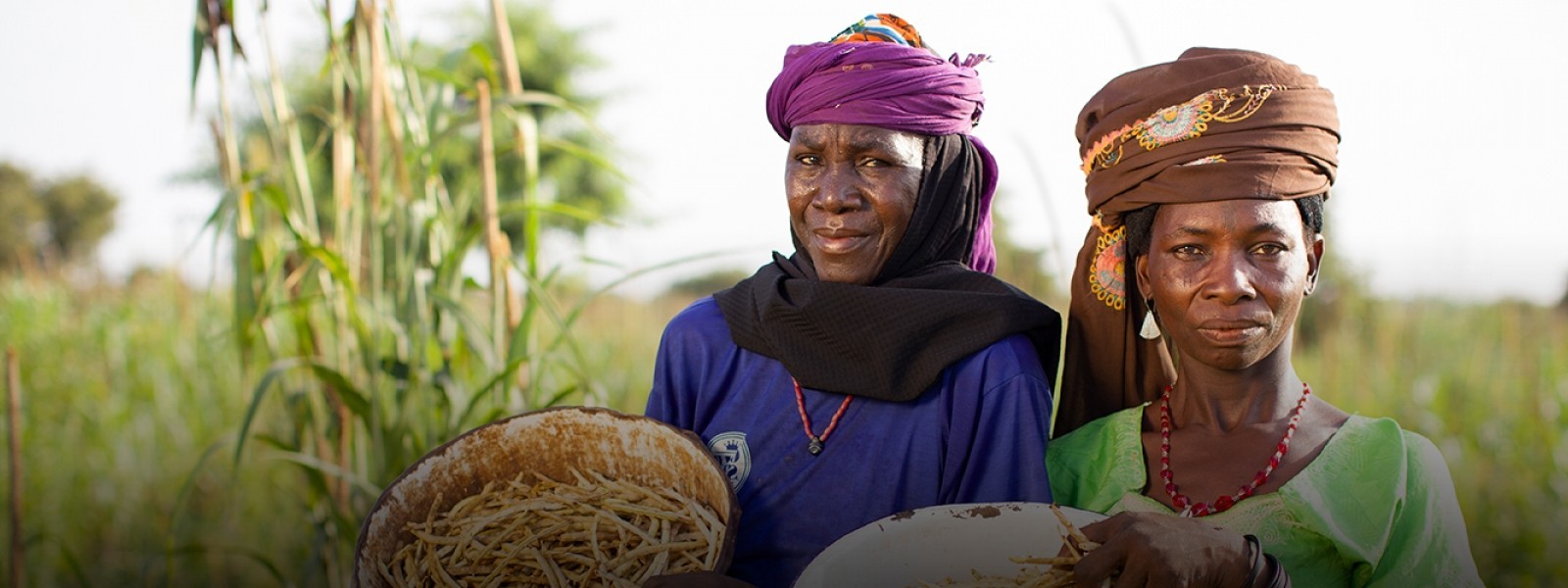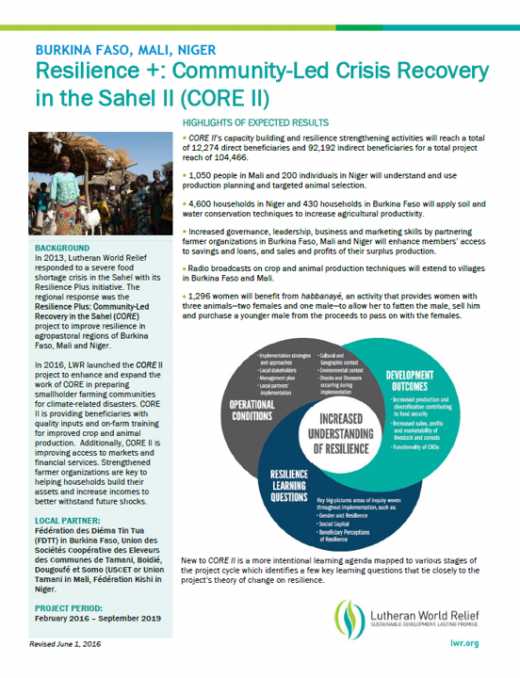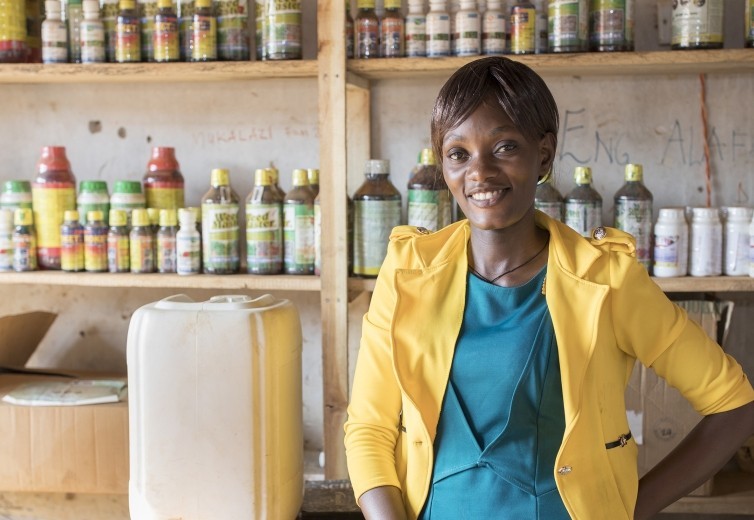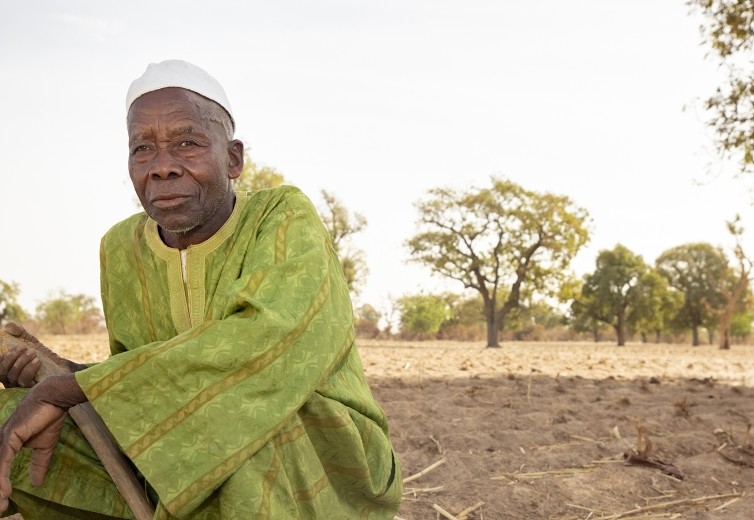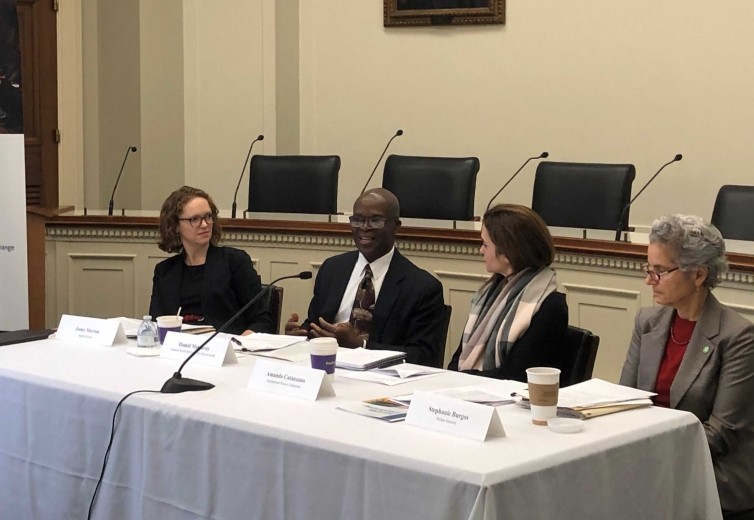Our Work in Niger
LWR began working in Niger in 1975 to address severe drought-related famine, and continues to partner with rural communities to address the root causes of poverty and lay the groundwork for greater food and nutritional security. LWR works to break the vicious cycle of poverty by improving local agricultural production and investing in sustainable land use. In times of emergency, LWR and its partners use cash-for-work approaches in which farmers earn immediate income to feed their families, while at the same time rehabilitating community assets in order to build future resiliency. LWR works in the Tahoua and Dosso regions of Niger – areas affected by recurring food crises.
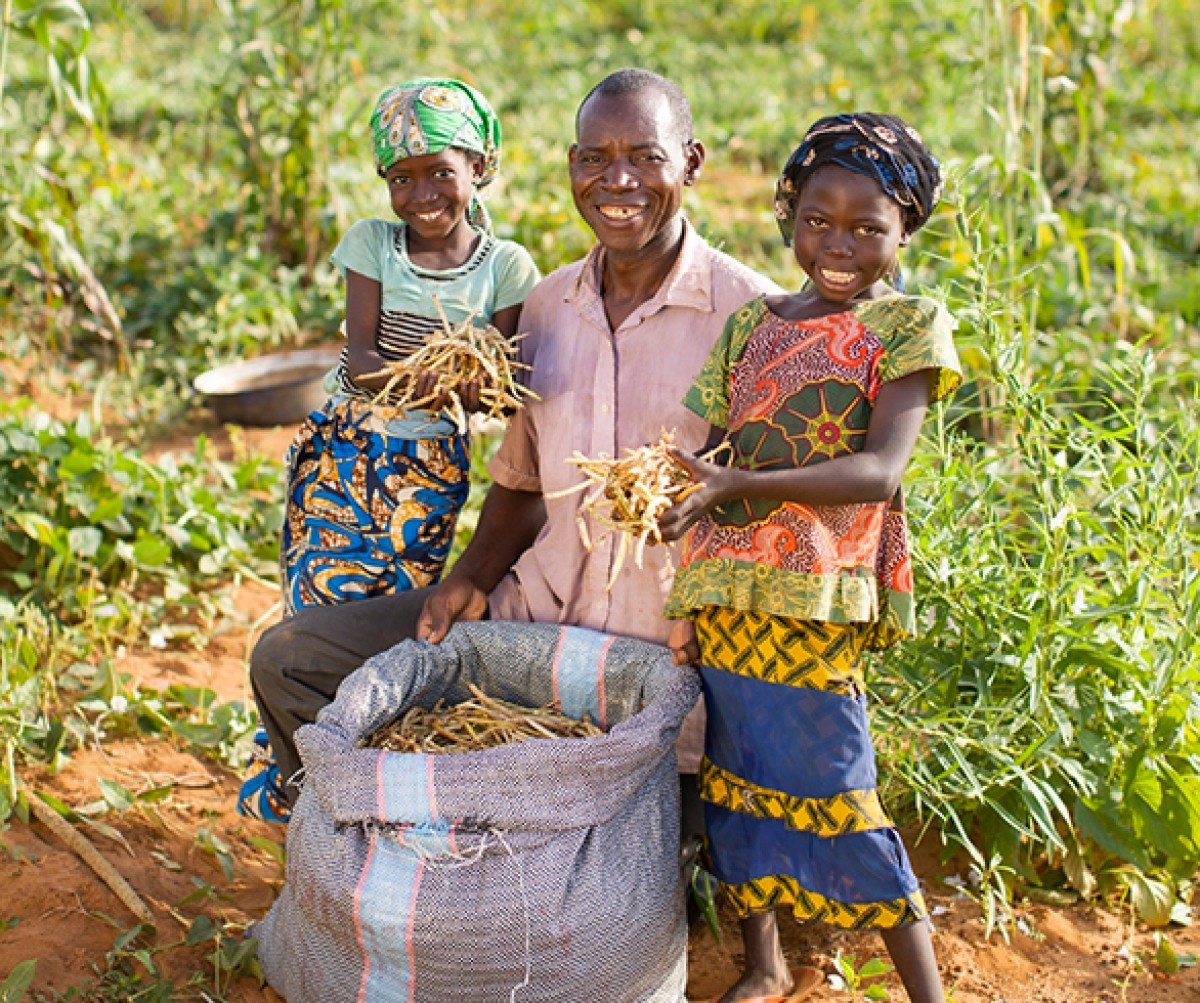
Agriculture: Value chains and climate smart agriculture
LWR impacts the lives of thousands of rural farm families in Niger by improving their participation in agricultural value chains and strengthening their livelihood base. LWR works with partners to improve smallholder farmer cultivation, processing and marketing capacity. LWR strengthens the capacity of agricultural cooperatives and unions that serve these farmers with training in governance and financial management, facilitating joint negotiation of credit and other services, and strengthening cooperative sales and marketing.
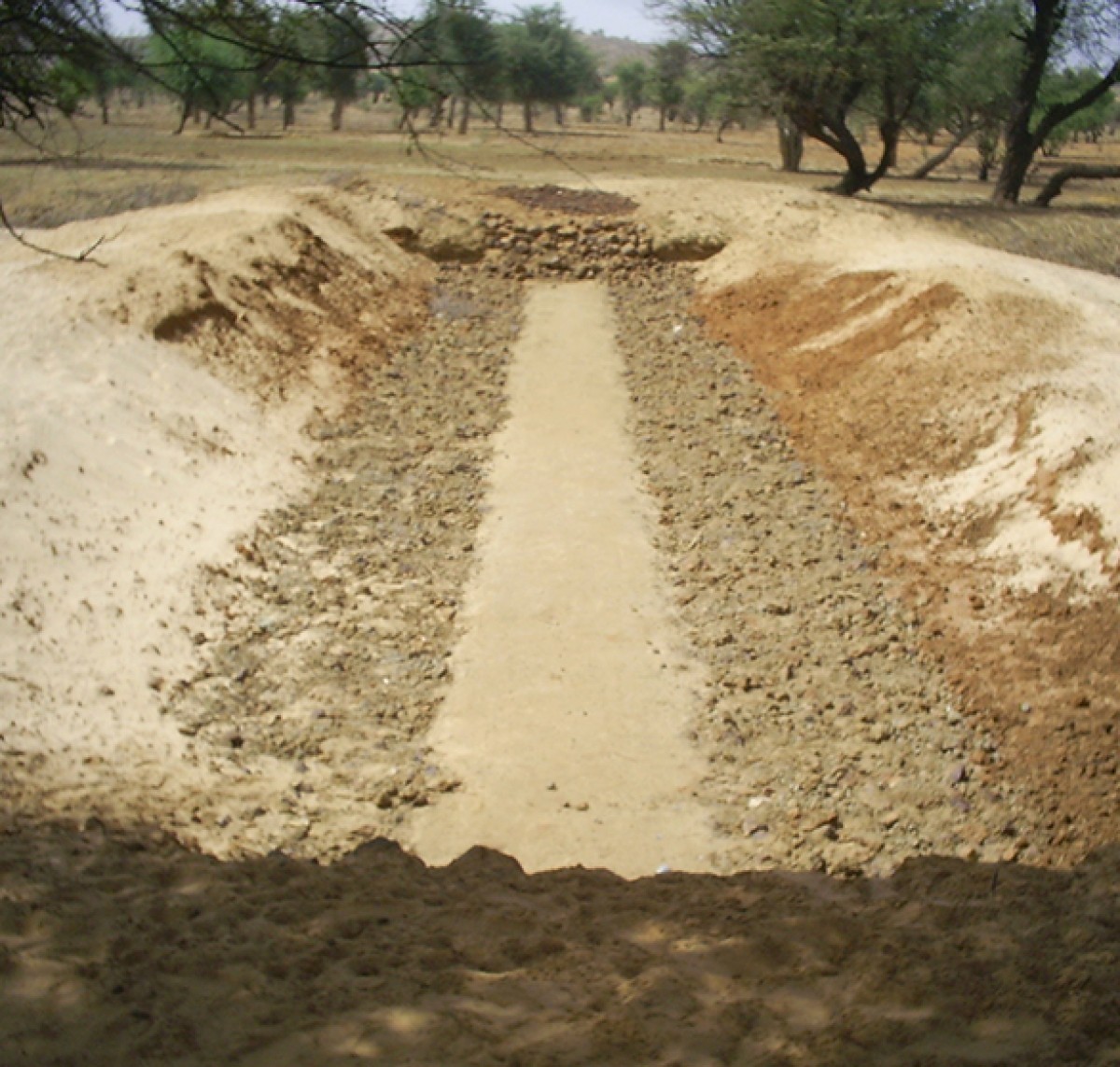
Climate: Building resilience through conservation
In Niger, LWR reduces marginalized rural populations’ vulnerability to ongoing environmental degradation and the effects of global climate change through long-term, sustainable development and emergency projects that meet immediate needs while building resilient communities. LWR’s programs emphasize environmental rehabilitation through the implementation of soil and water conservation works and watershed management, as well as tree seedling production for community-led reforestation initiatives. Participants rehabilitate pasture, construct dams, and expand water points available for agro-pastoralist use. Community members are organized and trained to ensure sustainable community management of natural resources.
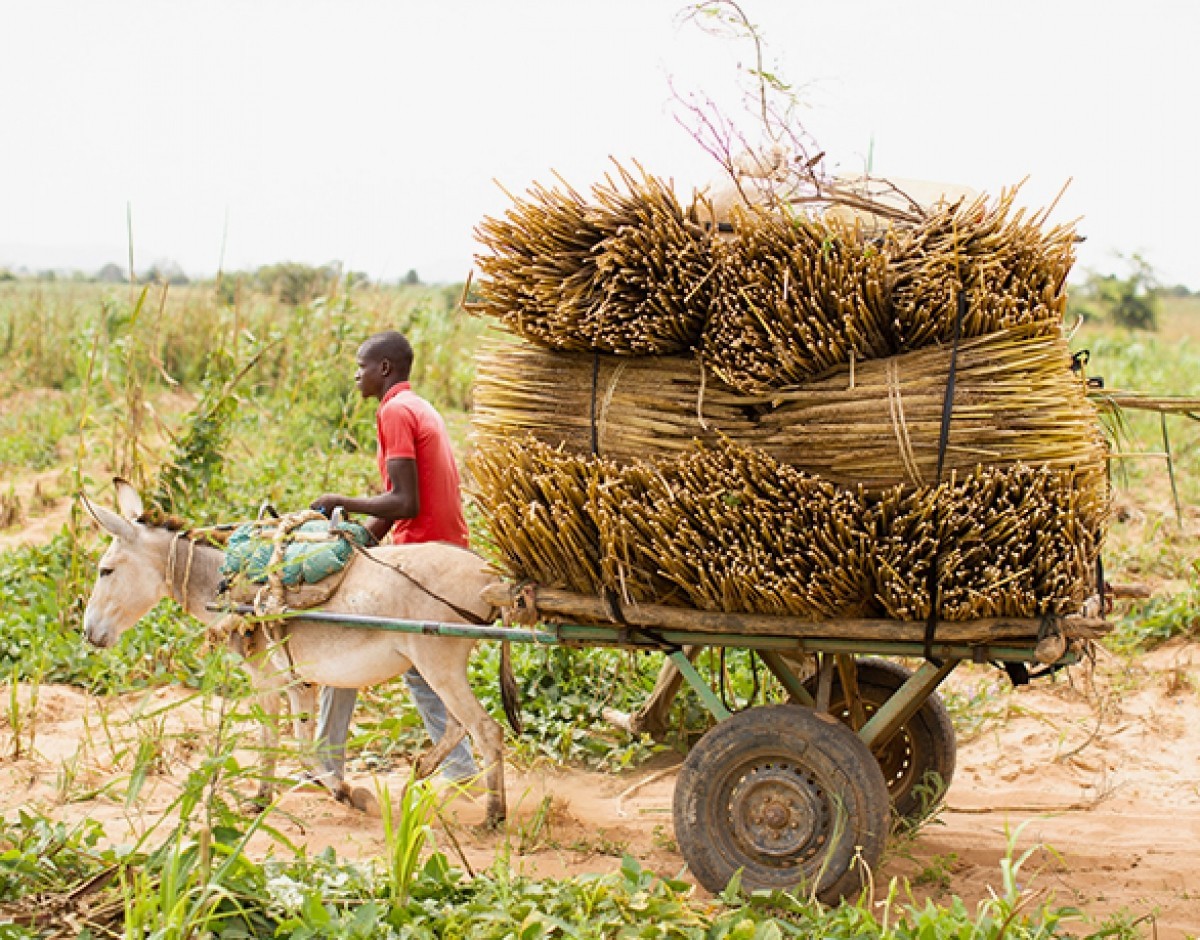
Emergency response: From relief to recovery
LWR’s established experience and strong relationships with communities in Niger place it in a privileged position to respond quickly and effectively to emergency situations. LWR collaborates with international agencies and donors such as the United Nations Food and Agriculture Organization (FAO), the Office of U.S. Foreign Disaster Assistance, and the Bill and Melinda Gates Foundation to quickly respond to drought and food crisis in Niger through the emergency distribution of seeds and agricultural supplies to reestablish agricultural production and offset critical food shortages.
Give Where Needed Most
Make sure your gift goes directly to where it's most needed without delay, with a secure online donation.


